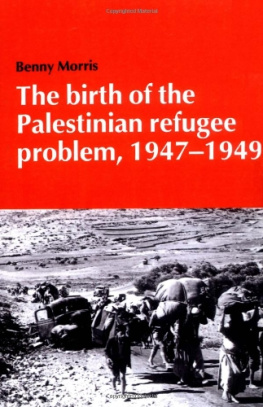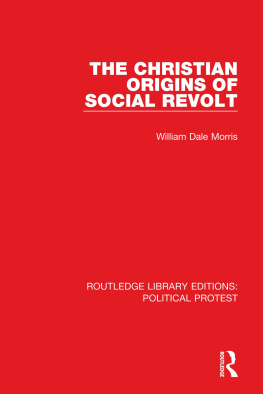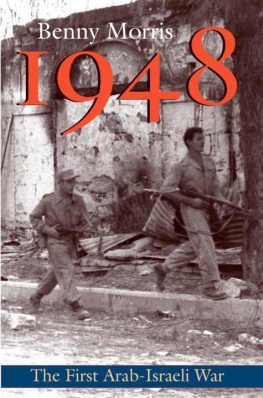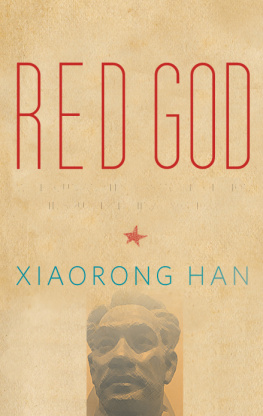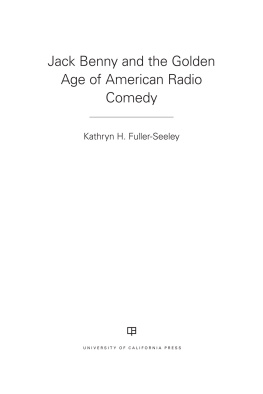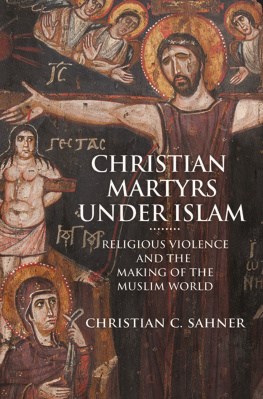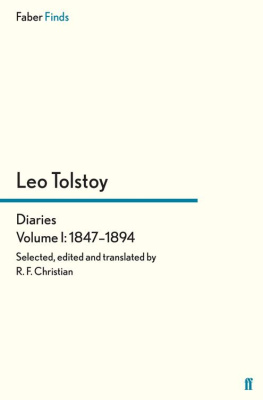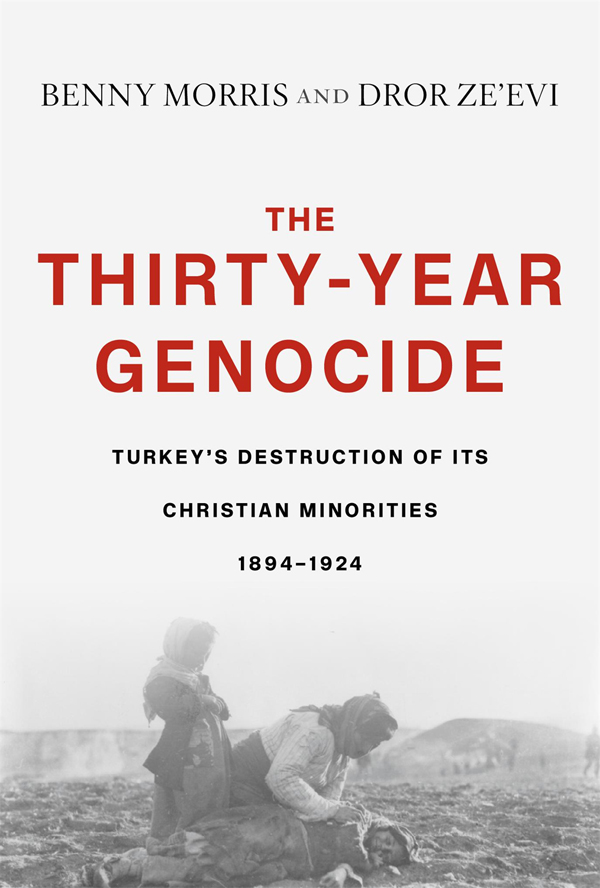Contents
Guide
Pagebreaks of the print version
THE THIRTY-YEAR GENOCIDE
Turkeys Destruction of Its Christian Minorities, 18941924
BENNY MORRIS & DROR ZEEVI
HARVARD UNIVERSITY PRESS
Cambridge, Massachusetts, and London, England
2019
Copyright 2019 by Benny Morris and Dror Zeevi
All rights reserved
Jacket design: Tim Jones
Jacket credit: Photograph of Armenian woman kneeling beside dead child in field within sight of help and safety at Aleppo, courtesy of the Library of Congress.
978-0-674-91645-6 (alk. paper)
978-0-674-24008-7 (EPUB)
978-0-674-24009-4 (MOBI)
978-0-674-24007-0 (PDF)
The Library of Congress has cataloged the printed edition as follows:
Names: Morris, Benny, 1948 author. | Zeevi, Dror, 1953 author.
Title: The thirty-year genocide : Turkeys destruction of its Christian minorities, 18941924 / Benny Morris and Dror Zeevi.
Description: Cambridge, Massachusetts : Harvard University Press, 2019. | Includes bibliographical references and index.
Identifiers: LCCN 2018028342
Subjects: LCSH: Religious minoritiesTurkeyHistory19th century. | Religious minoritiesTurkeyHistory20th century. | GenocideTurkeyReligious aspectsChristianity. | GenocideTurkeyHistory19th century. | GenocideTurkeyHistory20th century. | ChristiansTurkeyHistory19th century. | ChristiansTurkeyHistory20th century. | PersecutionTurkeyHistory19th century. | PersecutionTurkeyHistory20th century. | Armenian question. | Kemalism.
Classification: LCC DR576 .M6725 2019 | DDC 364.15/10956109041dc23 LC record available at https://lccn.loc.gov/2018028342
For my grandchildren,
Eliya and Stavi, Ayala, Zohar, and Matan Haleli, Eden, Nuri, and Kedem
Benny
And for mine, Itamar and Roee
Dror
Contents
Words in Turkish are rendered in modern Romanized Turkish orthography. In this system c is pronounced j in English; is pronounced ch; is usually unvocalized and lengthens the preceding vowel; and (undotted) is pronounced as the vowel u in the word turn. When a non-Turkish version is commonly used, the Turkish version is given in parentheses.
aga (a a) | (Kurdish) chieftain |
amele taburlar | labor battalions |
amira | an Armenian notable, in the service of the Ottoman state |
bashi bazouk (ba bozuk) | irregular soldier, sometimes brigand |
cavass (kavas) | ceremonial guard at an embassy or consulate |
ete (cheteh) | brigand, guerrilla, gangs |
chiftlik ( iftlik, jiftlik) | large farm, estate |
Dashnak (Dashnaksutyun) | political party, federation, short for Armenian Revolutionary Federation or ARF |
dhimmi | legal system whereby non-Muslims are protected by Muslim states in exchange for undertaking certain obligations |
dragoman (terc man) | embassy translator (and often negotiator on behalf of the embassy with the authorities) |
Emniyet / Emniyet-i Umumiye M d riyeti | Interior Ministrys Public Security Directorate |
emv l- metruke | abandoned property |
e kiya (eshkiya) | rebels, mutineers |
esnaf | artisans, or guilds of merchants and artisans |
fatwa (fetva) | an opinion on a point of Islamic law given by a recognized authority |
ferik | lieutenant general (army rank) |
firman (f rman) | sultans decree |
giaour (gavur or kafir) | infidel, heathen (derogatory); in colloquial speech also infidel dog, merciless, cruel |
hafir, ghafir | protection tax paid by Armenian villagers to tribes in their vicinity |
hamal | porter, stevedore |
Hunchak, Hanchak | Clarion, or Bell; name of an Armenian opposition party |
halal | permitted according to sharia law |
hodja (hoca) | title for a teacher, Islamic leader |
iltizam | tax farm, state lease of taxes |
ir de | sultans command, declaration |
skan- A ayir ve Muhacirin M d riyeti | Directorate for Settlement of Tribes and Muhacirs, previously, muhcirin komisyonu |
ttihad ve Terakki Cemiyeti | Committee of Union and Progress (the Young Turk party) |
kadi (cadi) | religious judge |
kaymakam (kaimakam) | town or sub-district governor, acting governor |
kaza (caza) | sub-district |
khan (han, kervanseray) | inn |
komiteci (komiteji) | member of (usually Armenian) revolutionary committee, or rebel group |
konak | government house, residence |
masbata (mazbata) | record of testimony, or official report |
madrassa (medresseh, medrese) | Muslim religious school or seminary |
millet | religious community / nation, often referring to Ottoman non-Muslim communities |
muavin | aide, assistant |
mudir (m d r) | director, commissioner, administrator, sometimes commander |
muezzin | a crier who calls Muslims to prayer |
mufti (m ft ) | Muslim cleric, often a state employee, and issuer of fatwas |
muhacir (muhajir) | immigrant, used almost exclusively in reference to Muslim refugees |
mullah (mollah) | high-ranking kadi, priest |
multazim (m ltezim) | one leasing the right to collect taxes in a certain area |
mu ir (mushir) | general, marshal (army rank) |
mutesarrif (mutasarr f) | district governor |
mutesarriflik (mutasarr flik) | district |
padishah | sultan |
raya (rayah, reaya) | non-Muslim subjects of the sultan, sheep |
sanjak (sancak, liva) | district |
sharia | Muslim law |
softa | Muslim seminarian |
tabur | battalion |
Tanzimat | reforms, usually referring to a series of reforms undertaken by the Ottoman state from 1839 to 1876 |
tekkeh (tekke) | dervish lodge, place of Sufi congregation |
te kilat | organization |
Te kilat- mahsusa | Special Organization |
tezkereh (tezkere) | travel permit |
Turan | the imagined ancient homeland of the Turkic peoples |


